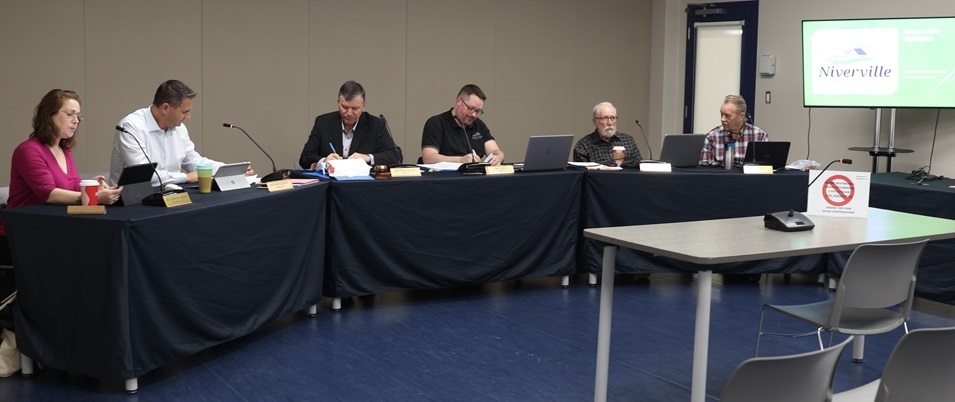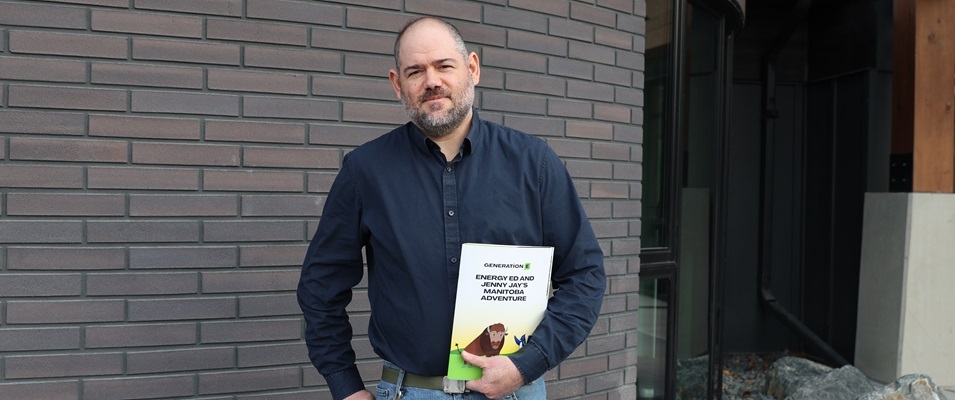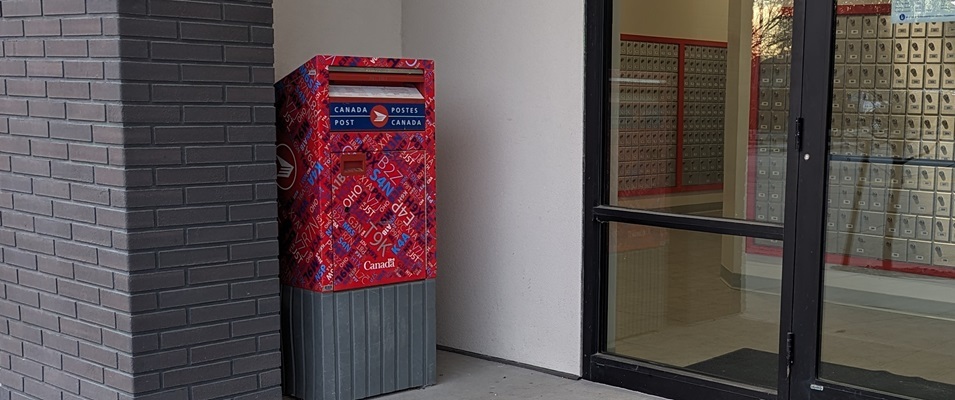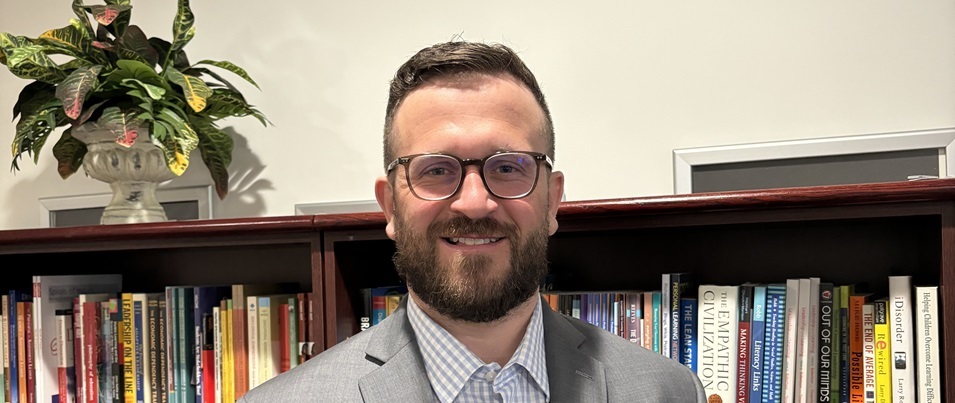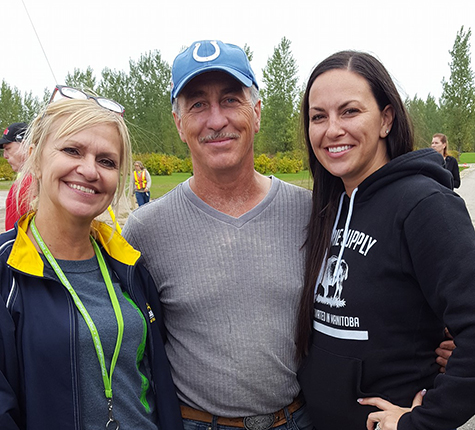
There Would Be No Silence
As I sit down to write this story, I feel challenged. How do you share the story of loss, of the pain of losing your precious child, in a way that honours their journey? How do you convey the emotion and passion in a way that empowers us as opposed to making us feel like victims when tragedies occur?
It’s easier to tell the stories of people who have passed on having lived long lives and mostly completed their journeys. More difficult are the stories of raw emotion and grief. When it comes to the Imagine Run, you cannot talk about the success without first having a conversation about the pain and impact of mental illness within our communities.
Mona Aubin Stott, the youngest of six children, was born in St. Adolphe. Even as a child, she was aware that her mother struggled with mental illness. Mona recalls that her mother was hospitalized on numerous occasions in psychiatric wards. Shock treatments were used and medicine was prescribed. The medical profession was still learning how to deal with patients in mental crisis.
Unlike cancer, heart disease, or other physical disorders, mental illness was the ailment that people, for the most part, did not talk about. As a child growing up, I heard the Low German phrase “narfa troble,” which described a person who seemed physically healthy but had a hidden malady.
Mona married Jeff Stott in 1980 at the age of 17. They were blessed with two children, the oldest being Danielle and the second a son named Joey. Mona speaks of the difficulties of getting married at a young age, of having two children before she was 20, and of experiencing financial strains onthe family farm.
In 1987, in the middle of the above pressure, Jeff attempted suicide, and it was Mona and her young daughter who were there to rescue him. Just as in her own family, she and Jeff never shared their story and this was kept as quiet as possible. After all, what would people say when they heard that a vibrant, well-respected family in the community was dealing with something so stigmatic as a suicide attempt?
That tragedy was to be relived on June 17, 2007, when the reality of mental illness visited this family in an unimaginable way. On that evening, Joey attempted to take his own life. Though found and rushed to the hospital, he did not survive. Heartbreakingly, his funeral took place on his twenty-fifth birthday.
This time, there would no silence. They could not pretend like it hadn’t happened.
Through the coming years and months, Mona and Jeff came to see and understand the value of sharing their journey. That November, Mona held the first Imagine Run, a marathon in Winnipeg. Mona’s heart and passion to bring awareness to mental health issues grew stronger, and over the years Imagine has grown and thrived.
The Imagine Run is now held every September in Niverville, attracting thousands of people and impacting others far beyond our community with a message that silence about mental health is not golden. The goal is to end the stigma, to give people permission to talk openly about their journeys.
We live in a world of diminished hope, a world where when someone asks how you’re doing, the expected answer is “I’m doing good.” The challenge is still before us in many ways, but thanks to Mona, Jeff, and many volunteers, Imagine is having an impact.
Imagine if we lived in communities where people could feel safe about sharing their stories honestly. Imagine a community where we know our neighbours so well that these heart-to-heart conversations actually do occur. Imagine if we all cared! Thank you, Mona, and to those on the Imagine team who are demonstrating that care in our community.






